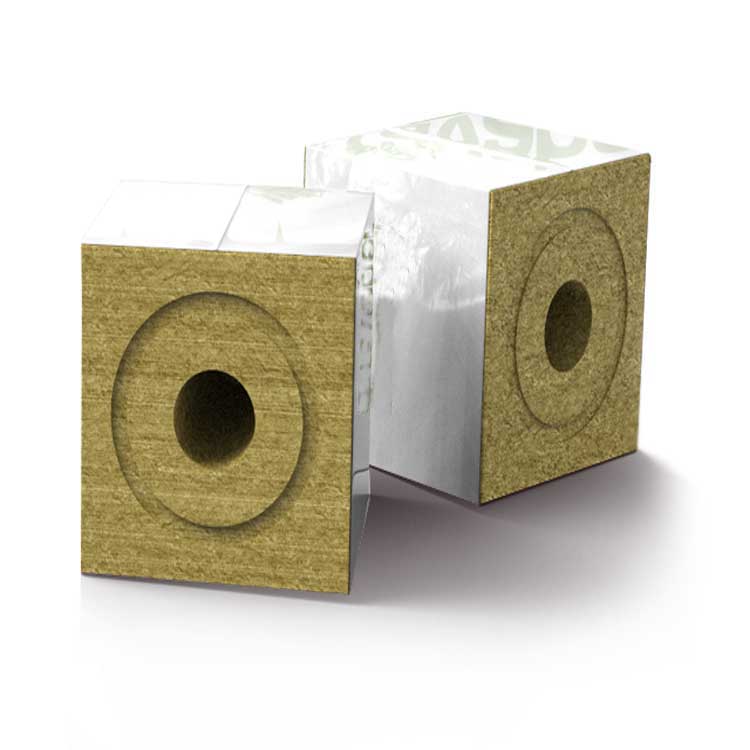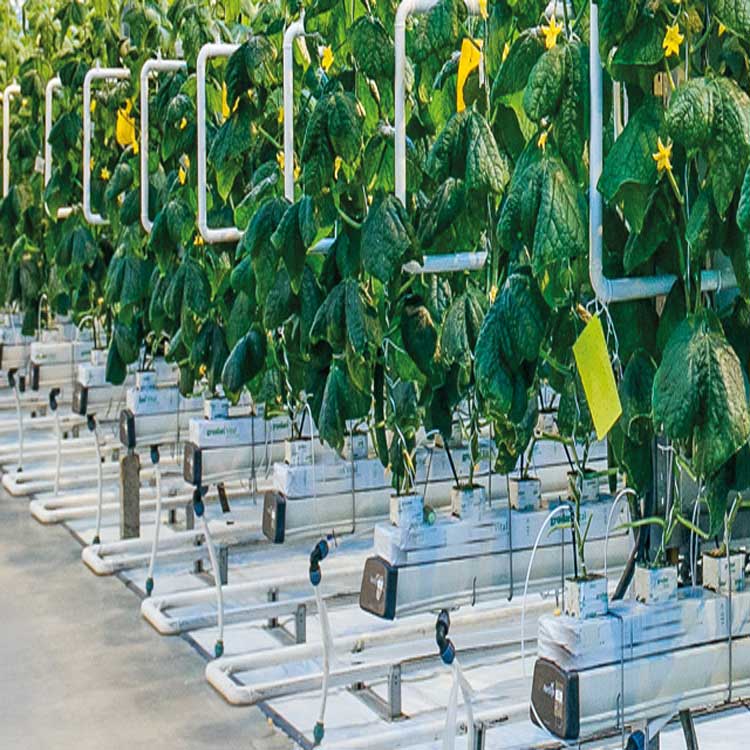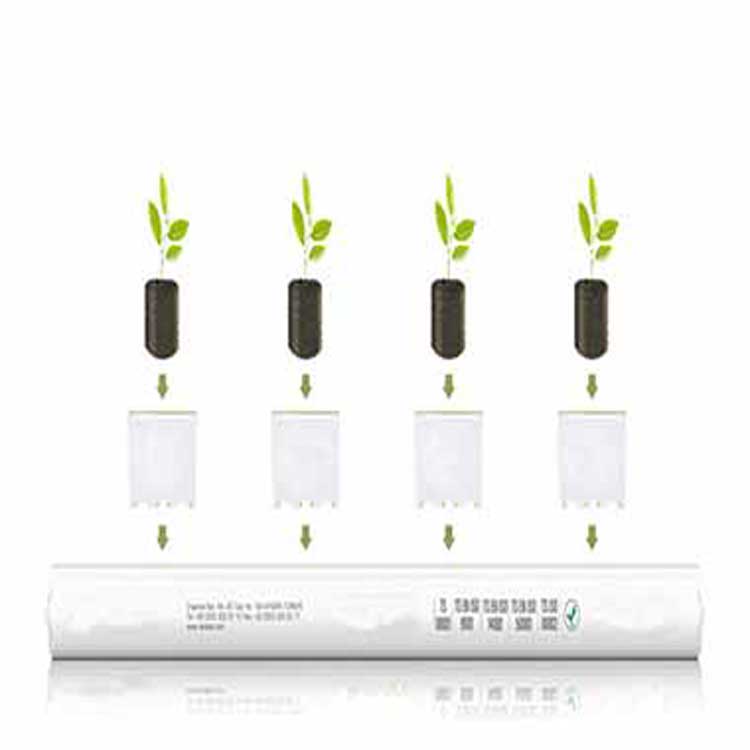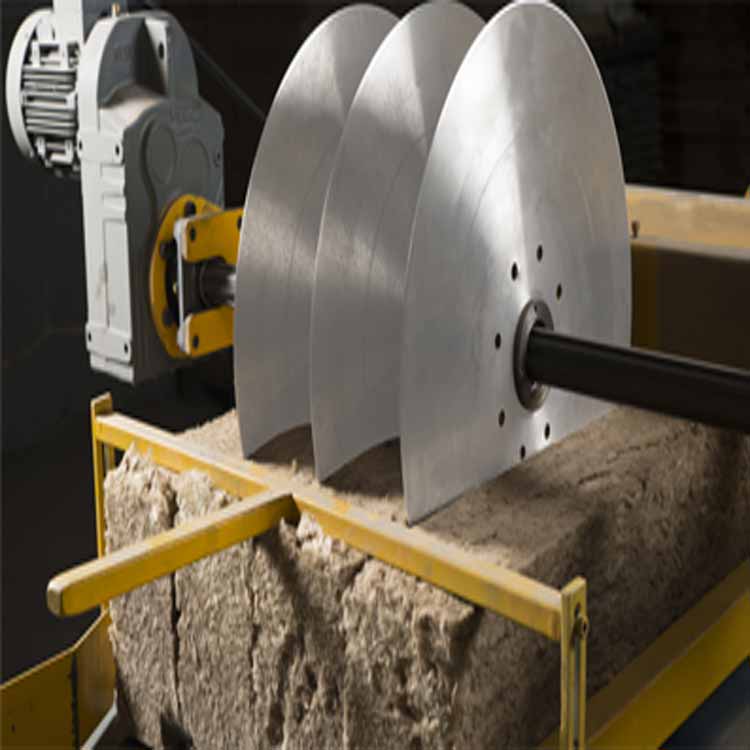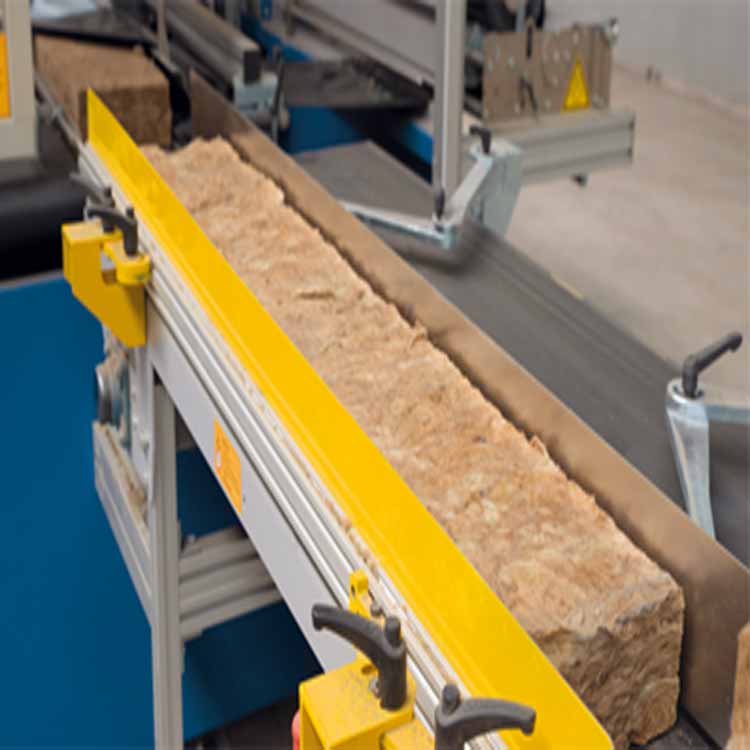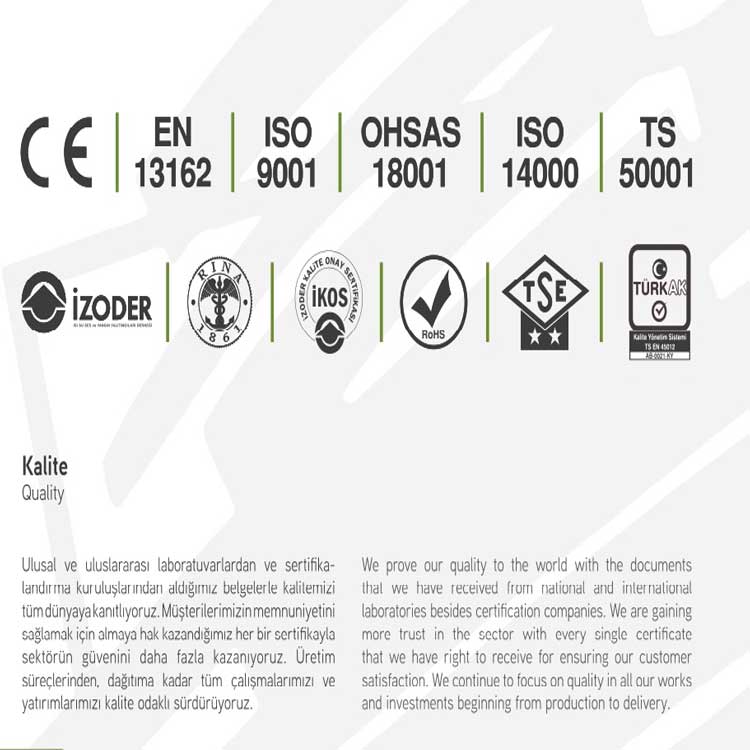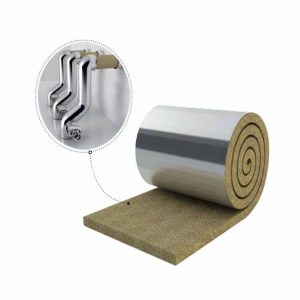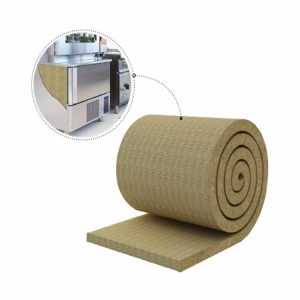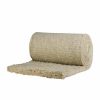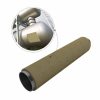Açıklama
Oldukça rijit bir yapıya sahip olan Taş Yünü dilimlerinin boşluk hacmi ve su tutma kapasitesi optimum düzeydedir. Bu düzey liflerin kalınlığı, yoğunluğu ve bağlayıcı maddelerin miktarı ile ayarlanabilir. Mevcutta Taş Yünü üretiminde kullanılan bağlayıcı fenol formaldehit içerir. Bu kimyasal bileşiminden dolayı tarım için uygun değildir. Gelişen teknoloji ile beraber, bu bağlayıcının yerine fenol formaldehit içermeyen tamamen doğal olan çevre dostu bağlayıcı ile üretilen RAVABER TARIM ÜRÜNLERİ, TÜRKİYE’DE İLK VE TEK olarak tamamen doğal yapısı ile piyasaya sunulmuştur. Elyaf yapısı ve barındırdığı etkin mineraller sayesinde, köklerin hızlı ve güçlü bir şekilde büyümesini sağlayan Ravaber Agro, aynı zamanda bünyesinde böcek ve haşere üremesine izin vermeyen yapısı ile ürünlerin kimyasal ilaçlamadan uzak, tam anlamı ile organik yetişmesine imkan sağlar.
| PRODUCT NAME
|
EN (cm)
WIDTH (cm) |
BOY (cm)
LENGHT (cm) |
KALINLIK (cm)
THICKNESS (cm) |
FİDE ALMA KAPASİTESİ
CAPACIYT OF SEEDLING |
| AGRO SLAB | 20
|
120
|
7,5-8-10
|
5
|
| AGRO KÜP
AGRO CUBE |
10 | 5 | 1 |
Tarımsal Taş Yünü ( Topraksız Tarım ) Özellikleri
Nefes alabilen ve diğer malzemelere göre daha yumuşak bir yapıya sahip olduğu için bitki köklerinin gelişime pozitif etki yapmaktadır. Sebze yetiştiriciliğinde kullanılan ve “slab” adı verilen ürünlerde 7,5 cm kalınlık yeterli olurken, fide yetiştiriciliğinde kullanılan ve “küp” adlı ürünlerde 5 cm kalınlık yeterli olmaktadır. Ayrıca küp ürününün üst kısmında fide dikimine uygun delikler yer almaktadır. Tüm ürünler UV geçirgenliği ayarlanmış, katmanlı yapıya sahip yüksek kaliteli plastik ambalajlar içerisindedir.
Tarımsal Taş Yünü ( Topraksız Tarım ) Nasıl Kullanılır?
Küpler üzerine dikili olan fideler bulunduğu coğrafyanın iklimi ve dikildiği seraların teknik özelliklerine bağlı olarak uygun zamanlarda dikim işlemi yapılmaktadır. Slab’lar sera içine yerleştirildikten sonra sulama sistemlerinin bağlantıları yapılmalıdır. Daha sonra bu sistem yardımıyla slab’lar su ile doyurulmaktadır. Doygunluğa ulaşan slab’lar 24 saat bu şekilde bekledikten sonra drenaj için alt kısımlarından delik açılacak fazla su tahliye edilir. Küplere dikili olan fideler, slab’lar üzerindeki uygun yerlere yerleştirildikten sonra drip sulama bağlantıları yapılarak dikim işlemi son bulur.
Stone Wool in Agriculture
The fact that the Stone Wool slabs has a very rigid structure and their space volume and water retention capacity are optimum. This leveî can be adjusted by the thickness of the fibers, the density and the amount of binder. This binder which used for current Stone Wool production comprises phenol and formaldehyde. Due to its chemical composition it is not suitable for agricuîture. Along with the developing technology, Ravaber developed totalîy natural binder and RAVABER AGRICULTURAL PRODUCED BY ENVIRONMENTALLY BINDING CONNECTOR, FIRST AND ONLY IN TURKEY presented to the market.
Properties of Agricultural Stone Wool
It has a positive effect on plant roots’ development becduse it hds d bredthdble and softer structure thdn otheF MdtRF IdÎS. In products calîed “slab” used in vegetabîe growing, a thicI‹ness of 7,5 cm is sufficient. 5 cm thicI‹ness is sufficient for products called ”cube” which are used im cultivation. Also at the top of the cube product holes suitable for seedling planting are located. All products have hingh guality with layered structure with UV permeability tunedin plastic packaging.
How to Use Agricultural Stone Wool?
Depending on the climate of the geography where the seedlings stood on the cubes and the technical characteristics of the greenhouses on which they are planted, proper planting is done. Once the sîabs are placed in the greenhouse, the connections of irrigation systems it shouîd be done. Then slabs are saturated with water by means of this system. After reaching the saturation, the sîabs wait for 24 hours in this way and then drain the excess water by opening a hole in the lower part for drainage. After the seedlings, which is located to the cubes, is placed in the appropriate places on the slabs, the seedling process ends with drip irrigation connections.
Quality
We prove our quality to the world with the documents that we have received from national and international laboratories besides certification companies. We are gaining more trust in the sector with every single certificate that we have right to receive for ensuring our customer satisfaction. We continue to focus on quaîity in dlî our works and investments beginning from production to deîivery.

